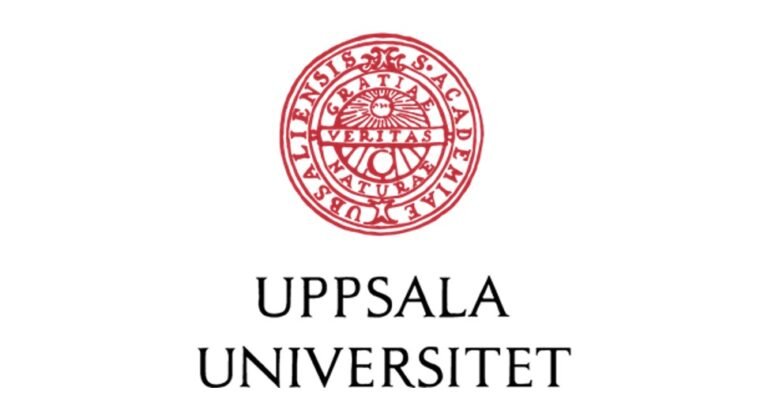Overview
Over the next few years, industry is projected to see enormous and rapid growth in how generative AI is used to create synthetic data to support innovation (https://www.gartner.com/en/articles/3-bold-and-actionable-predictions-for-the-future-of-genai). This project will explore how such techniques can be used to create data necessary to support the cyber security industry. This project aims to investigate novel approaches for synthetic data and data augmentation, whereby generative AI is used to create synthetic network packet captures, log files, and other artifacts, that can supplement real data. The motivation is that the outcomes of this work will accelerate and improve how industry and researchers are able to develop and train new models for cyber security systems that will monitor and secure networks in the future. Large scale and non-trivial datasets are needed, but often lacking, for example to develop and test anomaly detection approaches for cyber threat detection in networks. Hence, this research will explore the feasibility of generating both normal (baseline) network data as well as attack-related data samples. Of particular interest is critical infrastructure networks where, for example, it has traditionally been very challenging to obtain extensive network logs or data samples. In this project, initial data samples from network devices and hosts will be created and captured by utilising existing research testbeds at CSIT’s Cyber-AI Hub, which replicate corporate IT networks and industrial control system critical infrastructure networks. The aim is that these initial datasets can be used as a valuable starting point in this project to support the generation of larger and more sophisticated synthetic data.
The research will aim to:
• Investigate and explore published literature in how to use original data samples to generate much larger volumes of synthetic data quickly, and in a reconfigurable way that allows multiple variations of data to be generated. A key question to explore is how much real data needs to be sampled and provided as an input to be able to produce meaningful synthetic data as an output.
• Investigate how AI models can be trained to generate data that is time-synchronised across multiple sources, such as network packet captures, firewall logs, host logs, etc. with specific characteristics or patterns, useful for specific cyber security testing scenarios. E.g. this might mean generating specific network data and sensor logs for a set of water pump controllers across and industrial control network over a very large synthetic time period, or a large volume of synthetic Active Directory or VPN logs representing the behaviour of thousands of users in a corporate IT network.
• Investigate and identify appropriate generative approaches for the goals above, considering, for example, commercial GPT or custom LLM-based models, as well as approaches such as Generative Adversarial Networks (GANs), Variational Autoencoders (VAEs), etc., as seen in recent literature.
• Develop metrics to evaluate and benchmark how accurate, realistic, and representative is synthetic data compared to real data samples, with a goal to assess how well synthetic data maintains any necessary statistical properties or patterns of real data, and verify that it does not inadvertently introduce biases or inaccuracies.
Funding Information
To be eligible for consideration for a Home DfE or EPSRC Studentship (covering tuition fees and maintenance stipend of approx. £19,237 per annum), a candidate must satisfy all the eligibility criteria based on nationality, residency and academic qualifications.
To be classed as a Home student, candidates must meet the following criteria and the associated residency requirements:
• Be a UK National,
or • Have settled status,
or • Have pre-settled status,
or • Have indefinite leave to remain or enter the UK.
Candidates from ROI may also qualify for Home student funding.
Previous PhD study MAY make you ineligible to be considered for funding.
Please note that other terms and conditions also apply.
Please note that any available PhD studentships will be allocated on a competitive basis across a number of projects currently being advertised by the School.
A small number of international awards will be available for allocation across the School. An international award is not guaranteed to be available for this project, and competition across the School for these awards will be highly competitive.
Academic Requirements:
The minimum academic requirement for admission is normally an Upper Second Class Honours degree from a UK or ROI Higher Education provider in a relevant discipline, or an equivalent qualification acceptable to the University.
Entrance requirements
Graduate
The minimum academic requirement for admission to a research degree programme is normally an Upper Second Class Honours degree from a UK or ROI HE provider, or an equivalent qualification acceptable to the University. Further information can be obtained by contacting the School.
International Students
For information on international qualification equivalents, please check the specific information for your country.
English Language Requirements
Evidence of an IELTS* score of 6.0, with not less than 5.5 in any component or equivalent qualification acceptable to the University is required (*taken within the last 2 years).
International students wishing to apply to Queen’s University Belfast (and for whom English is not their first language), must be able to demonstrate their proficiency in English in order to benefit fully from their course of study or research. Non-EEA nationals must also satisfy UK Visas and Immigration (UKVI) immigration requirements for English language for visa purposes.
For more information on English Language requirements for EEA and non-EEA nationals see: www.qub.ac.uk/EnglishLanguageReqs.
If you need to improve your English language skills before you enter this degree programme, INTO Queen’s University Belfast offers a range of English language courses. These intensive and flexible courses are designed to improve your English ability for admission to this degree.
How to Apply
Apply using our online Postgraduate Applications Portal and follow the step-by-step instructions on how to apply.
Find a supervisor
If you’re interested in a particular project, we suggest you contact the relevant academic before you apply, to introduce yourself and ask questions.
To find a potential supervisor aligned with your area of interest, or if you are unsure of who to contact, look through the staff profiles linked here.
You might be asked to provide a short outline of your proposal to help us identify potential supervisors.






